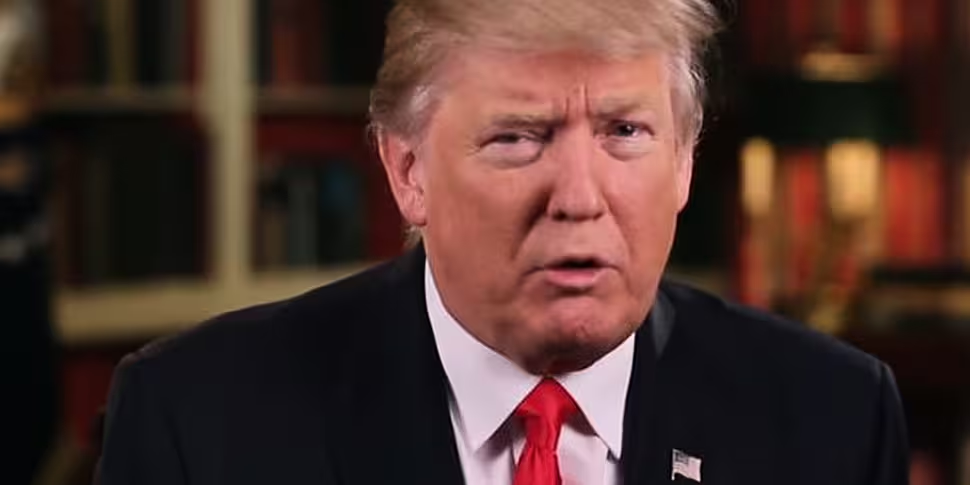Judges have rejected Donald Trump's appeal to have his travel ban immediately reinstated.
On Friday, federal judge James Robart halted the order that temporarily blocked all refugees and citizens of seven Muslim-majority countries from entering the US.
The 9th US Circuit Court of Appeals denied a formal request by the US Department of Justice to lift the ruling on Sunday.
Instead, the hearing gave the Trump administration until Monday afternoon to file more arguments before a final decision is made - meaning the ban could be up and running again soon.
The original challengers who sought to lift the ban, including the states of Washington and Minnesota, will also be able to bolster their case.
Acting solicitor general Noel Francisco argued on Saturday night that the president's authority is "largely immune from judicial control" when it comes to deciding who can enter or stay in the US.
The government warned that thwarting the executive order risked harming the public and that aliens have "no constitutional rights" to enter America.
President Trump, who argues the restrictions are aimed at stopping terrorist attacks, has pledged to overturn the "ridiculous" ruling.
He even launched a personal attack on James Robart on Saturday, describing him as a "so-called judge" in a series of ill-tempered tweets.
He accused the Seattle judge of opening "up our country to potential terrorists and others that do not have our best interests at heart".
The judge opens up our country to potential terrorists and others that do not have our best interests at heart. Bad people are very happy!
— Donald J. Trump (@realDonaldTrump) February 5, 2017
It is unusual for a president to attack a member of the judiciary because the US Constitution designates it as a check on the power of the government and Congress.
Mr Robart was appointed by George W Bush, and it is unusual for a president to attack a member of the judiciary as the US Constitution designates it as a check to the power of the executive branch and Congress.
The decree, signed on January 27th, barred entry for 120 days of any refugees awaiting resettlement. Citizens from Iran, Iraq, Libya, Somalia, Sudan, Syria and Yemen were also banned for 90 days.
The "extreme vetting" order has sparked anti-Trump protests across the US and abroad and caused widespread confusion for many foreigners, particularly dual nationals.
People in Paris hold a banner reading "Make America Hate Again" during a gathering to protest US President Donald Trump's travel ban | Image: Kamil Zihnioglu AP/Press Association Images
It has been heavily criticised by human rights campaigners who say the ban is racist - something officials deny.
President Trump had justified the ban by saying it would stop terrorism - even though no American has died as a result of a terrorist act by someone from one of the seven countries on US soil.
He also tweeted on Saturday that some Middle Eastern countries agreed with the ban because "they know if certain people are allowed in it's death & destruction!".
Meanwhile in his weekly address, made before the court ruling, Mr Trump defended the ban.
It is not Mr Trump's first public showdown with a member of the legal profession over the order.
Last week he fired the Obama-appointed acting US Attorney-General Sally Yates, after she told Justice Department lawyers not to enforce the ban.
Thousands of travellers from the blacklisted countries have been scrambling to catch flights to the US since Judge Robart's ruling on Friday.
Those who have valid visas or green cards are being urged to travel immediately.










